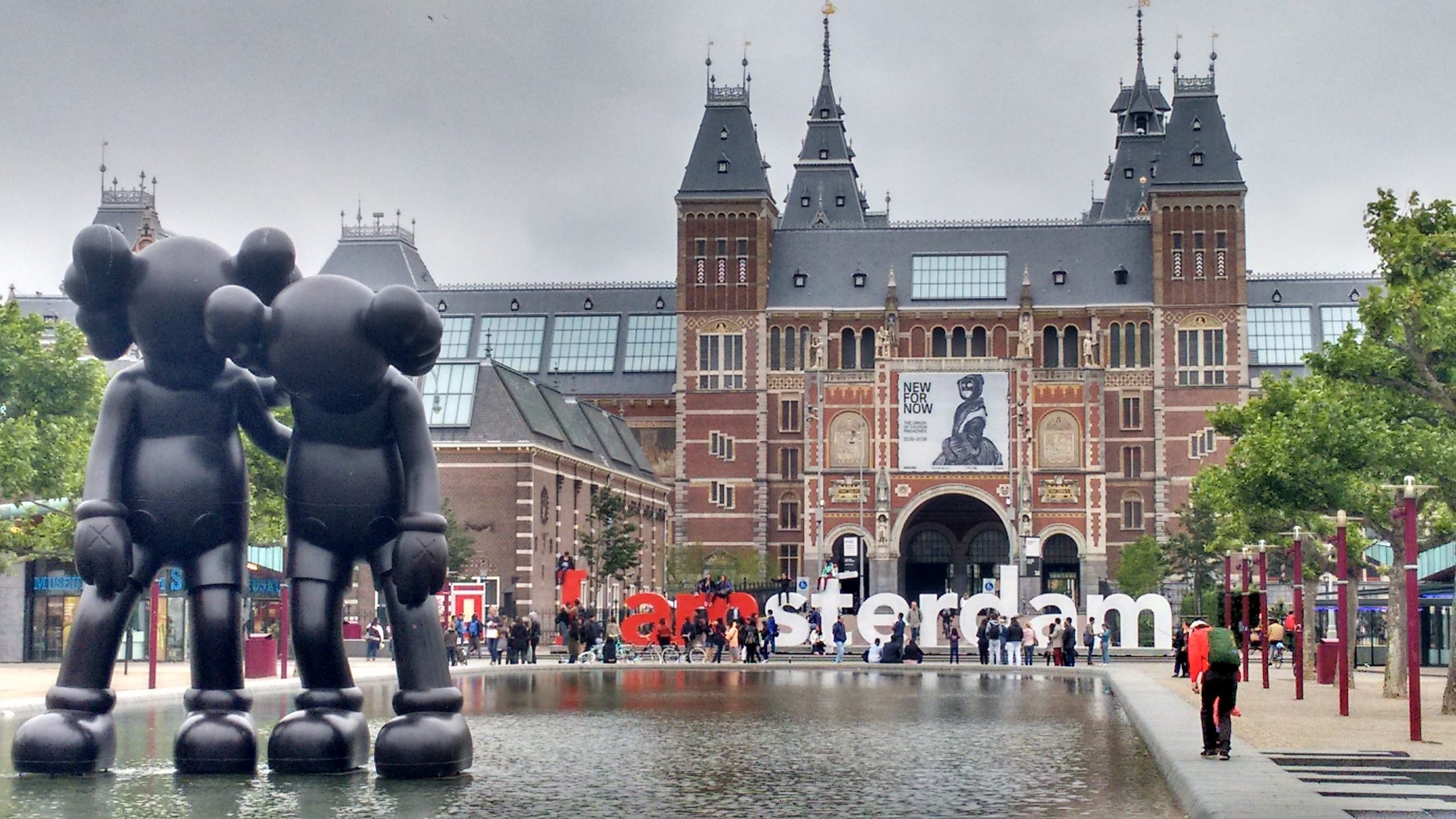Pros and Cons of Living in Amsterdam, Netherlands

Introduction:
Amsterdam, the capital city of the Netherlands, is renowned for its picturesque canals, vibrant cultural scene, and progressive mindset. Living in Amsterdam has its own set of advantages and disadvantages. We will explore the pros and cons of residing in this charming Dutch metropolis.
Pros:
1. Quality of Life:
Amsterdam consistently ranks high in terms of quality of life. The city offers a high standard of healthcare, excellent public infrastructure, and a well-functioning social welfare system. Residents benefit from a good work-life balance, access to recreational activities, and a strong sense of community.
2. Cycling Culture:
Amsterdam is famous for its cycling culture, with an extensive network of bike lanes and dedicated infrastructure. Cycling is a popular mode of transportation, providing residents with a convenient, eco-friendly, and healthy way to navigate the city. It also contributes to a cleaner and less congested urban environment.
3. Cultural and Artistic Hub:
Amsterdam is a thriving cultural and artistic hub, with numerous museums, galleries, and theaters. The city is home to world-renowned institutions like the Rijksmuseum, Van Gogh Museum, and the Anne Frank House. Residents can immerse themselves in a rich cultural tapestry, enjoying exhibitions, performances, and festivals throughout the year.
4. Multicultural Environment:
Amsterdam embraces diversity and has a rich multicultural fabric. Residents can experience a fusion of different cuisines, languages, and traditions. The city’s inclusive atmosphere promotes understanding and tolerance, fostering a vibrant and harmonious community.
5. Public Transportation:
Amsterdam has a well-developed and efficient public transportation system. Trams, buses, and trains offer extensive coverage, making it easy to navigate the city and its surrounding areas. The excellent connectivity allows for easy commuting and exploration of the Netherlands.
6. Sustainable Initiatives:
Amsterdam has a strong commitment to sustainability and environmental conservation. The city promotes initiatives such as green spaces, renewable energy, and waste management programs. Residents can take pride in living in a city that prioritizes eco-friendly practices and supports a greener future.
7. Education:
The Netherlands is known for its high-quality education system, and Amsterdam is no exception. The city is home to leading universities and research institutions, attracting students and scholars from around the world. Residents have access to top-notch education and a vibrant academic environment.
8. Safety and Security:
Amsterdam is considered one of the safest cities in the world. The low crime rate and efficient law enforcement contribute to a sense of security for residents. Whether walking alone at night or exploring the city’s neighborhoods, personal safety is rarely a concern.
Cons:
1. High Cost of Living:
Living in Amsterdam can be expensive, especially when it comes to housing. Rental and property prices are relatively high, and the cost of groceries, dining out, and entertainment can also be substantial. Budgeting and financial planning are important considerations for residents.
2. Housing Availability:
Finding suitable housing in Amsterdam can be challenging due to high demand and limited availability. Competition for rental properties, particularly in popular neighborhoods, can be intense. It is advisable to start the search early and be prepared for a potentially lengthy process.
3. Tourist Crowds:
Amsterdam attracts a significant number of tourists throughout the year. Popular areas such as the city center and major attractions can become crowded, especially during peak tourist seasons. Locals may need to navigate through tourist crowds in certain parts of the city.
4. Bureaucracy and Language Barrier:
Dealing with administrative processes in Amsterdam may involve navigating bureaucratic systems. While many Dutch people speak English, some official procedures, such as obtaining residence permits or dealing with government offices, may require knowledge of the Dutch language.
5. Weather:
The Netherlands is known for its changeable weather, and Amsterdam is no exception. The city experiences mild summers and cool winters, with rainfall throughout the year. Individuals who prefer consistent weather patterns may find the climate challenging.
6. Bike Theft:
While cycling is an integral part of Amsterdam’s culture, bike theft can be a concern. Bike theft is relatively common in the city, and residents need to take precautions to secure their bicycles properly.
7. Limited Space:
Amsterdam is a compact city, and living spaces can be smaller compared to other cities. Apartments and houses may have limited square footage, which can impact the level of personal space and storage options.
Conclusion:
Living in Amsterdam offers a unique blend of cultural richness, sustainability, and a high quality of life. However, it’s important to consider factors such as the high cost of living, housing availability, and potential challenges associated with tourist crowds and bureaucracy. By carefully evaluating the pros and cons, individuals can make informed decisions about whether Amsterdam is the right place for them to call home.



